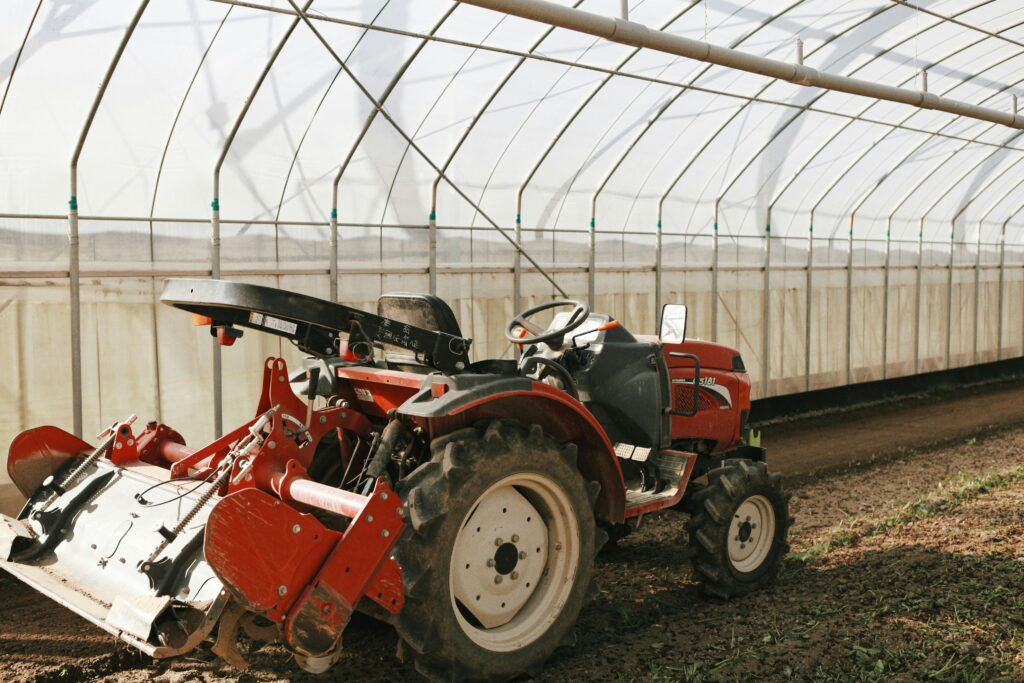Did you know that the future of agriculture may be in the hands of robots? Yes, you read that right – robots are revolutionizing the way we grow our food. With advancements in technology, robotic farming has become a burgeoning industry, promising increased efficiency, precision, and sustainability in agriculture.
These robots are equipped with sophisticated sensors and AI algorithms that allow them to monitor crops, detect pests and diseases, and optimize irrigation and fertilization processes. By automating these tasks, farmers can reduce labor costs, increase productivity, and minimize the use of chemicals, ultimately leading to healthier crops and a more sustainable food system.
According to a report by Research and Markets, the global agricultural robotics market is projected to reach $16.5 billion by 2025, with a compound annual growth rate of 23.8%. Key players in the industry, such as John Deere, Blue River Technology, and FarmWise, are leading the way in developing cutting-edge robotic solutions for farmers around the world.
In the words of John Deere CEO John May, “Robotics and automation have the potential to transform agriculture as we know it. By leveraging technology, we can address the challenges of feeding a growing population while preserving our natural resources.”
As we look to the future, it is clear that robotic farming will play a crucial role in shaping the way we produce food and manage our natural resources. Embracing this technology will not only benefit farmers and consumers but also contribute to a more sustainable and resilient food system for generations to come.



